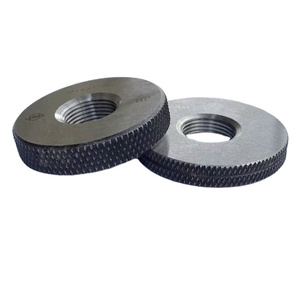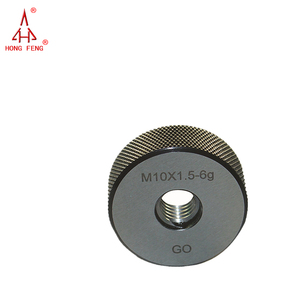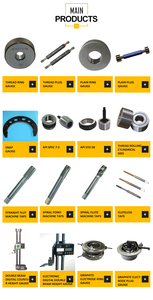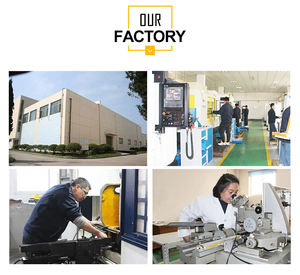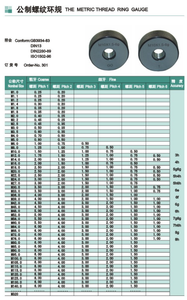Understanding Sheet Steel Gauge Thickness
The concept of sheet steel gauge thickness is crucial in various industries, particularly in construction, manufacturing, and fabrication. This gauge refers to the thickness of sheet steel, which is standardized using a system known as American Wire Gauge (AWG) or Brown & Sharpe gauge. Understanding the appropriate gauge for specific applications is essential to ensure structural integrity and performance.
Types of Sheet Steel Gauge Thickness
Sheet steel comes in various gauges, each suitable for different applications. The thickness can vary significantly, affecting mechanical properties such as strength, strain characteristics, and versatility. Below are the most common types of sheet steel gauge thickness:
- Light Gauge (<0.040 inches): Usually used for decorative panels or less demanding applications.
- Medium Gauge (0.040 to 0.090 inches): Ideal for structural elements that require a balance of strength and ease of manipulation.
- Heavy Gauge (>0.090 inches): Typically used for high-strength applications such as manufacturing heavy machinery or structural frameworks.
- Custom Gauges: Available to meet specific engineering requirements, providing versatility in specialized projects.
Applications of Sheet Steel Gauge Thickness
The application of sheet steel gauge thickness is extensive across numerous sectors. Its capabilities allow it to fit a variety of roles in environments that demand reliability and performance. Here are some prominent applications:
- Construction: Used in roofing, wall cladding, and structural beams.
- Automotive Industry: Essential for body panels, structural reinforcements, and supporting fixtures.
- Aerospace: Critical for fuel tanks, aircraft body components, and landing gear support structures.
- Appliance Manufacturing: Used in creating outer casings and structural components for durability and aesthetic finish.
Features and Advantages of Sheet Steel Gauge Thickness
Understanding the features and advantages of varying sheet steel gauge thicknesses helps you choose the right type for your needs. Here are some significant advantages:
- Strength: Different gauges offer varying strengths, ensuring that the material can withstand stress without deforming.
- Lightweight: Lighter gauge sheets are easier to handle and install, reducing labor costs and improving efficiency.
- Versatility: Sheet steel is adaptable to a wide range of processes, from cutting and bending to welding and forming.
- Corrosion Resistance: Many sheet steel products are coated to resist rust and corrosion, increasing their lifespan and performance in adverse environments.













